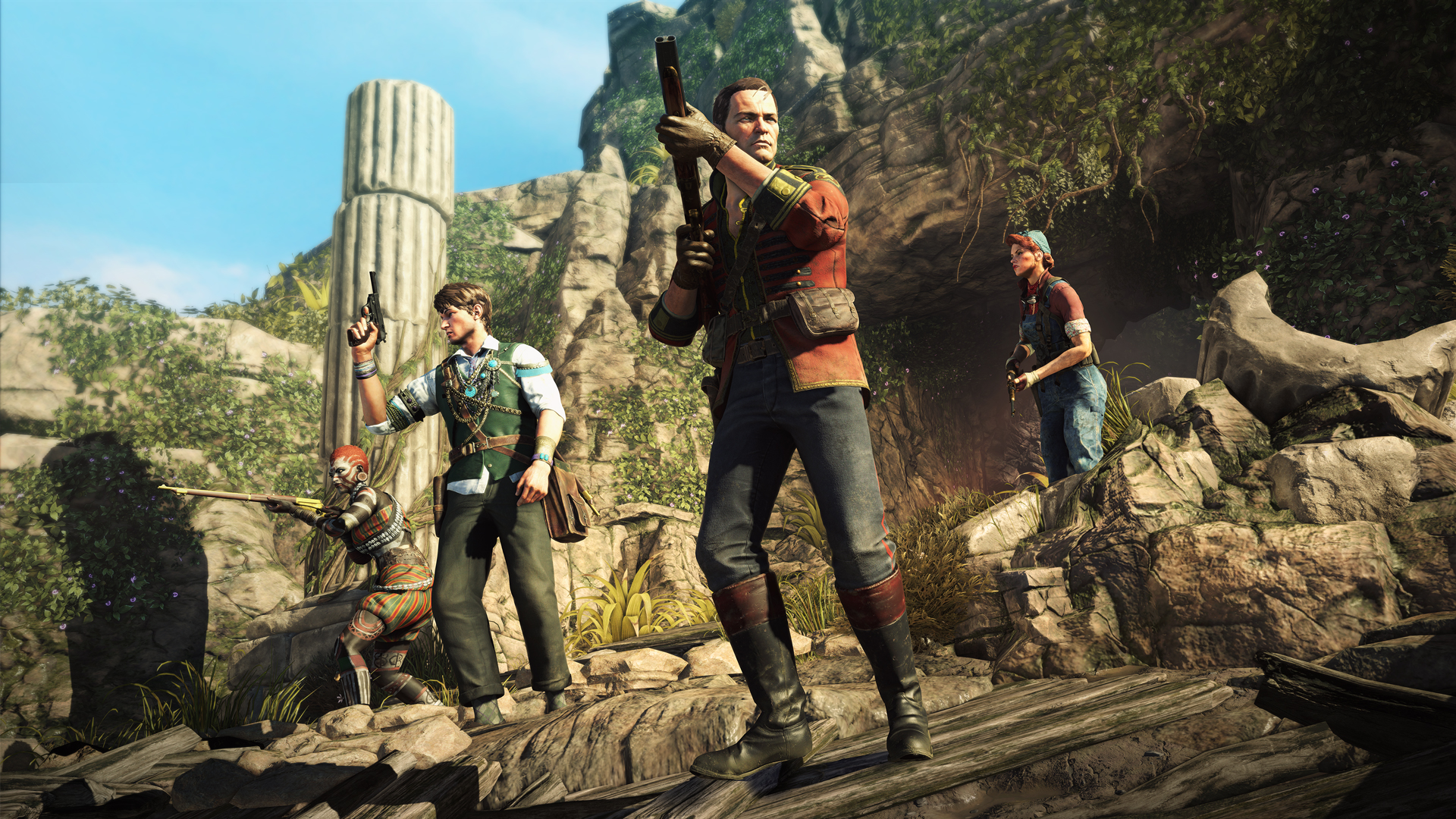“We just want to do things our way“ - How Sniper Elite studio Rebellion is still living up to its name after 25 years
Breaking down a quarter century of success with co-founder Jason Kingsley and the rest of the team
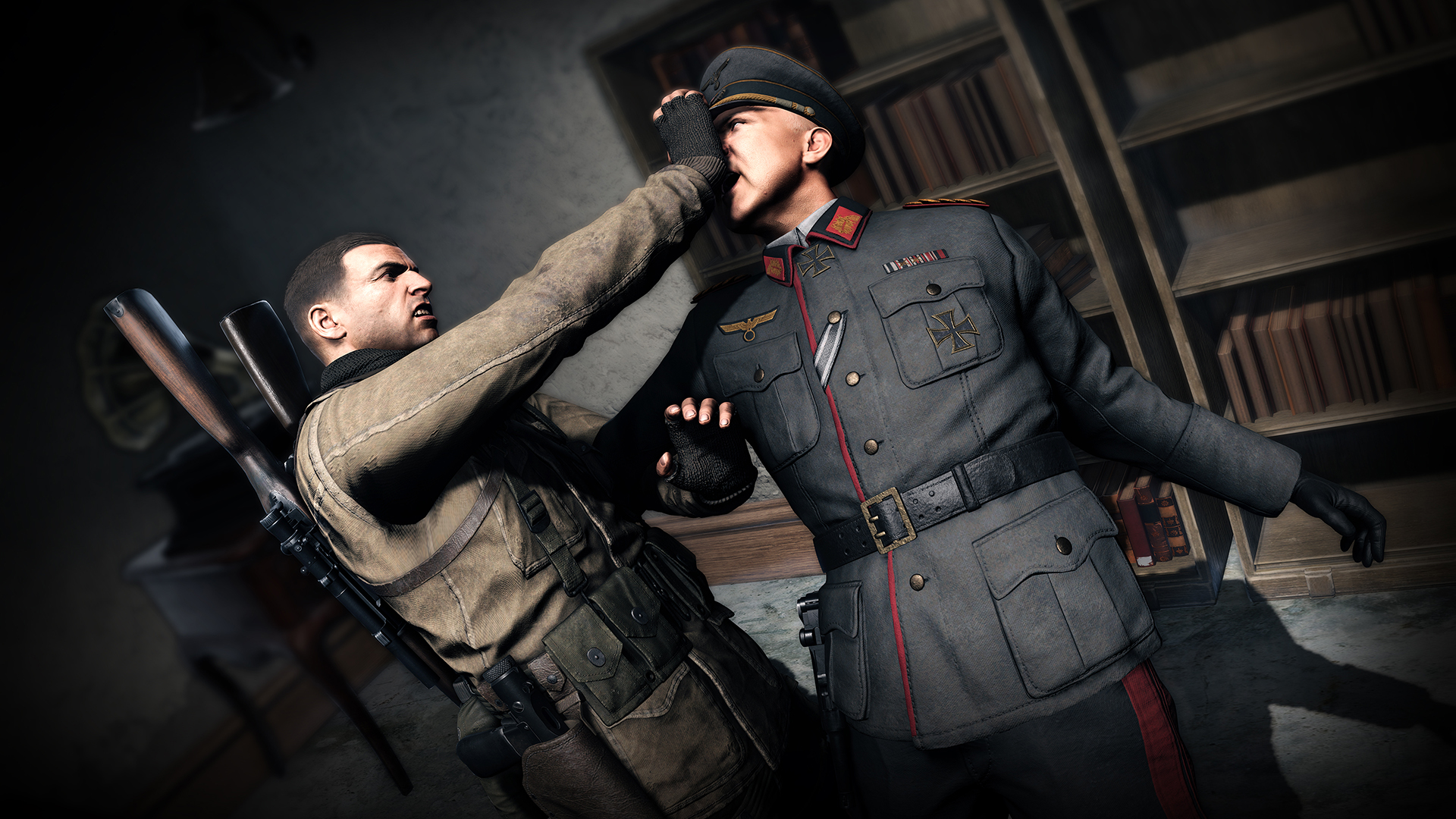
Rebellion’s open plan office is alive with activity. Popping development on its latest mummy shooting project, Strange Brigade carefully into a tomb for three days, the whole studio is celebrating its 25th anniversary with a game jam based on Nate Crowley’s book of The 100 Best Video Games (That Never Existed). This means that all I can hear are the developers of the Sniper Elite series, Battlezone VR and Nazi Zombie Army discussing the finer points of comedy cat faeces placement on a space station for the lonely but hilarious ‘Look, Are You Coming In Or Not’, pondering the finer points of British politeness for Work Kitchen Anecdote Bastard, and giggling about a cabbage being digitised using their on site photogrammetry rig for a game about a screaming vegetable that chases you.
This not-so-normal-day seems like a perfect time to find out exactly why the not-so-normal Oxford studio is now in its impressive 25th year. Run by the Kingsley Brothers, Jason and Chris, the company is equally well known for publishing the 2000AD comics as well as creating games, and now very much a triple A developer thanks to this year’s Sniper Elite 4. The team certainly isn’t letting that get to their head(shot)s though. Rebellion wants to make the games you want to play and it’s that simple.
It’s all about you
“People say ‘why do you run Rebellion?’ and the answer is ‘because we want to make games,’” confirms co-founder Jason Kingsley. “We need to make money and we need to get people playing our games - and paying to play them - but the only reason for doing that is so that we can make more games. Everybody that buys one of our games contributes in a major way to the ongoing success of us making more games which, hopefully, should be of mutual benefit to everybody if we’re making the kind of games they want to play. It’s great. You give us your forty quid or whatever, and play one of our games for a good few weekends and we’ll do it again in a couple of years time and hopefully you’ll want to buy the next game from us as well!”
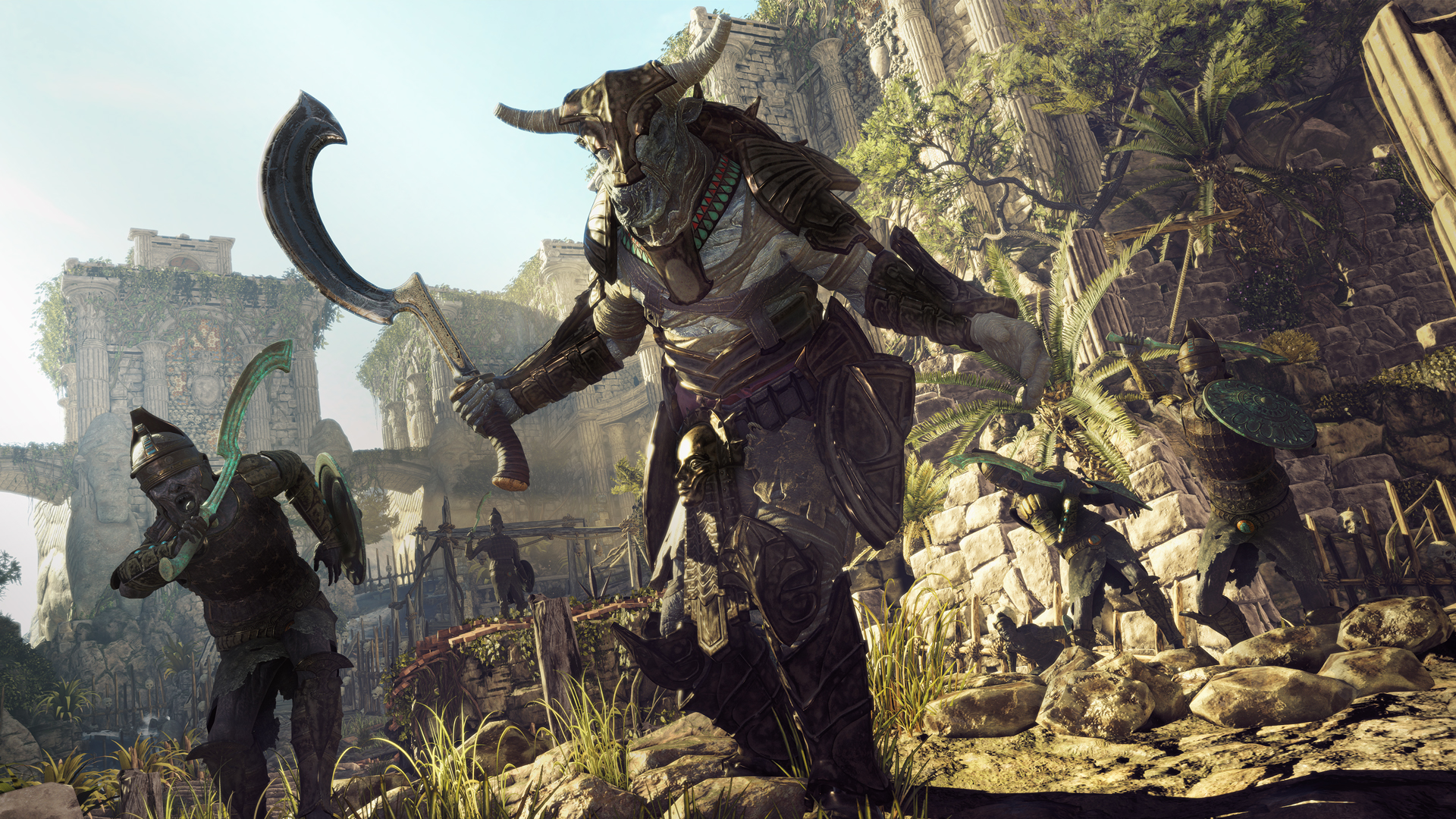
This passion is echoed when I catch up with other members of the team later. It might sound hokey, but there’s a true love for what the studio is doing and that’s driven by a constant desire to make the best games possible. “I think at the heart of it it’s a genuine passion for what we do that comes right from the top,” confirms head of creative Tim Jones when I interrupt his hard work on developing a meter that gauges when a relentlessly talking office worker will snap and kill his colleagues. “Jason and Chris do this because they love games and comics. The whole genre and it’s driven by that.”
“Chris and Jason are genuinely here every day playing games,” adds head of art Chris Payton. “So often I’m sat here and Jason’s playing the latest build of Strange Brigade. He’s genuinely interested in the day to day. Like Tim says, the love of comic books are just feeding into that same passion. It’s what we do. It’s what we’re good at.”
The studio has its own game engine
If you’ve played any of Rebellion’s games over the last few years, it turns out you’ve already experienced the team’s custom engine, Asura. This is Rebellion’s and Rebellion’s only, meaning that a full engine team - yes, it’s ok to imagine them shovelling coal and wearing flat caps - can sit in house and upgrade and tweak accordingly for updates and new hardware. It’s just one of the ways that the studio can remain autonomous and react speedily to any changes in the tech world. Helpfully, as well as being perfectly ready made for game jams, Asura means far more freedom for Rebellion’s designers as they know exactly what they can and can’t do.
"It’s not that you should have to fit your game into the restrictions of an engine. It should be the other way around."
“Middleware engines are great but they have their own challenges,” explains Kingsley. “You’re always going to be working for other people as well as you if you’re a big games developer, and you can do what you can do within the parameters they give you within their engine. Now, those parameters aren’t very limited but they are somewhat limited. When we make a game we don’t have to worry about what the engine can do because what we do is we can make the engine different and better. We can say to the engine team ‘guys, can we do this?’ and they might say ‘we can do that but we’ll have to lose this.’”
Weekly digests, tales from the communities you love, and more
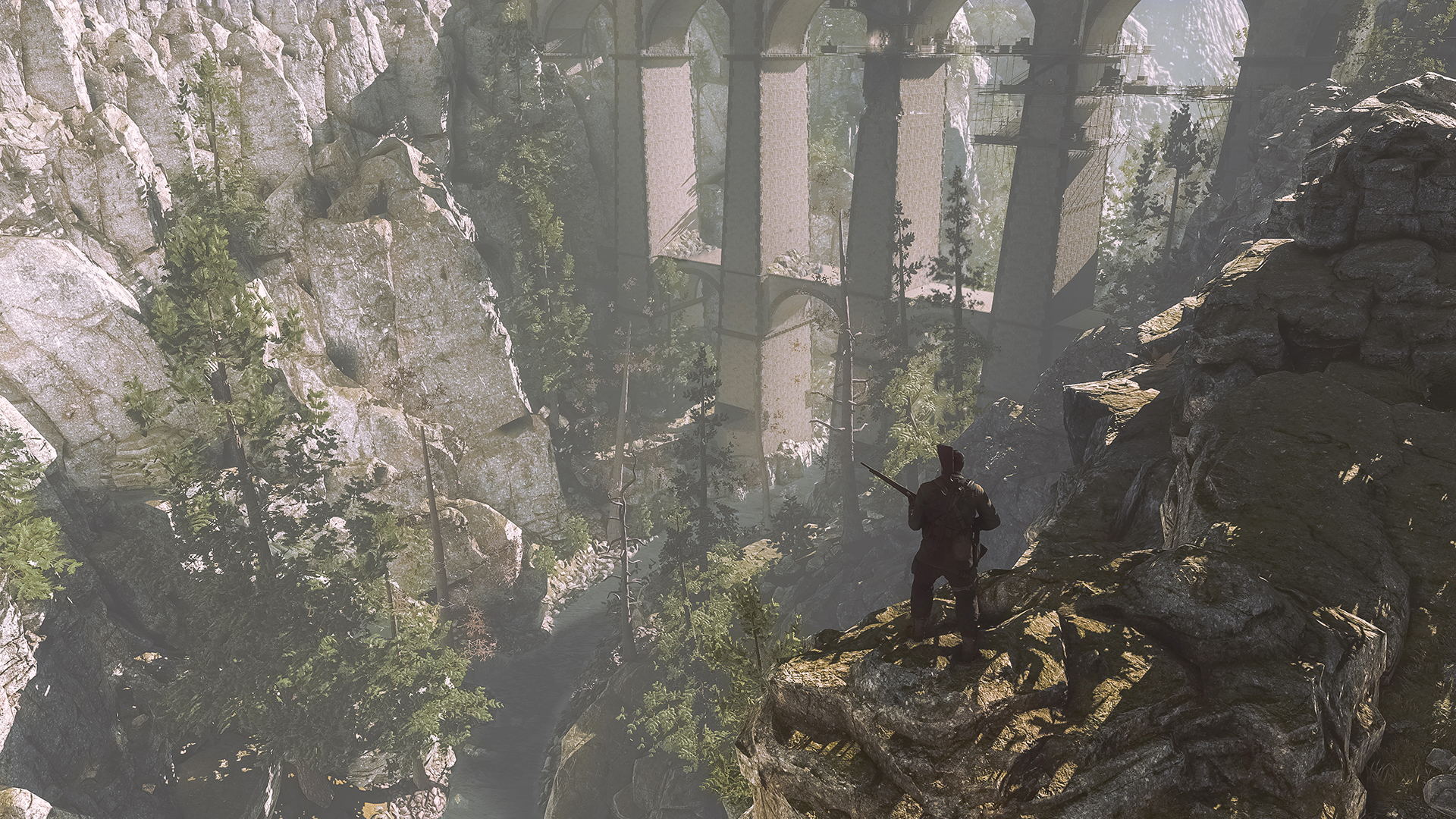
“What we can do then is work the games design around it. The engine should be there to serve the games designer - the vision and the storytelling. It’s not that you should have to fit your game into the restrictions of an engine. It should be the other way around. The engine should serve the gameplay experience in its greater glory. It’s never been a deliberate policy. It’s where we’ve started and never stopped.”
Single player isn't dead here
Rebellion too, remains somewhat immune to the controversies of the industry, happily producing the kind of games it wants to play. Single player debacle? Loot box chaos? Not here.
“We’ve dabbled in free to play and had a moderate amount of success in it but thought, ‘y’know what, we’re much better at doing the traditional narrative driven, single player game with a multiplayer component’,” explains Kingsley. “All this loot box controversy, we’ve managed to avoid because we just don’t do them in our games. I’m a huge believer in single player games so while I’m in charge, we’re going to keep making single player games. I’m quite rubbish at multiplayer games, especially PvP games and especially if I’m ever identified. I have to play multiplayer games incognito!”
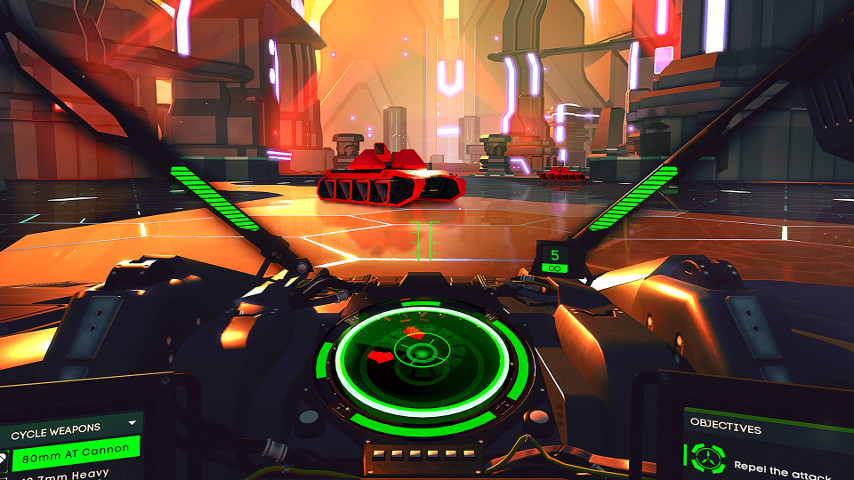
The studio takes feedback from its players seriously and has a dedicated community team in house that’s heavily involved with its fans. The rest of the world just isn’t important. “We don’t really care what other people do with their games because what we care about is what we do with our games,” says Kingsley. “They could do games any way they like in any different way they want to. They can spend as much money or as little money and if the games are great I’ll play them and if they’re not I don’t really care. We’ve never been deliberately isolationist or deliberately different. As much as our name would say we want to do things differently, we just want to do things our way and make good stuff.”
Far more than just Sniper Elite
While Rebellion’s Sniper Elite series might be its best known franchise, the studio owns a slew of other games. Amongst many others, the team revitalised the Battlezone series with its PlayStation VR exclusive last year (now on PC for Vive and Oculus Rift), and is resurrecting Evil Genius on PC. The studio is also now the digital publisher for a number of IPs on PC, another key to its success and another savvy business decision.
“Steam, with digital rights and stuff, basically let us take care of the digital side of things when traditional publishers weren’t so interested in that,” explains Jones. “It’s proven to be a very smart move. It’s given us freedom and sustainability. It all pumps into the stability of the company and allows us to keep doing what we’re doing. For example, Moonbase Commander is very niche but much loved. That was from passion rather than business interests - I don’t think that’s ever likely to become a huge blockbuster title - but we’ve made sure it’s still out there and available for the fans that are really into it because it is a great game.”
What next?
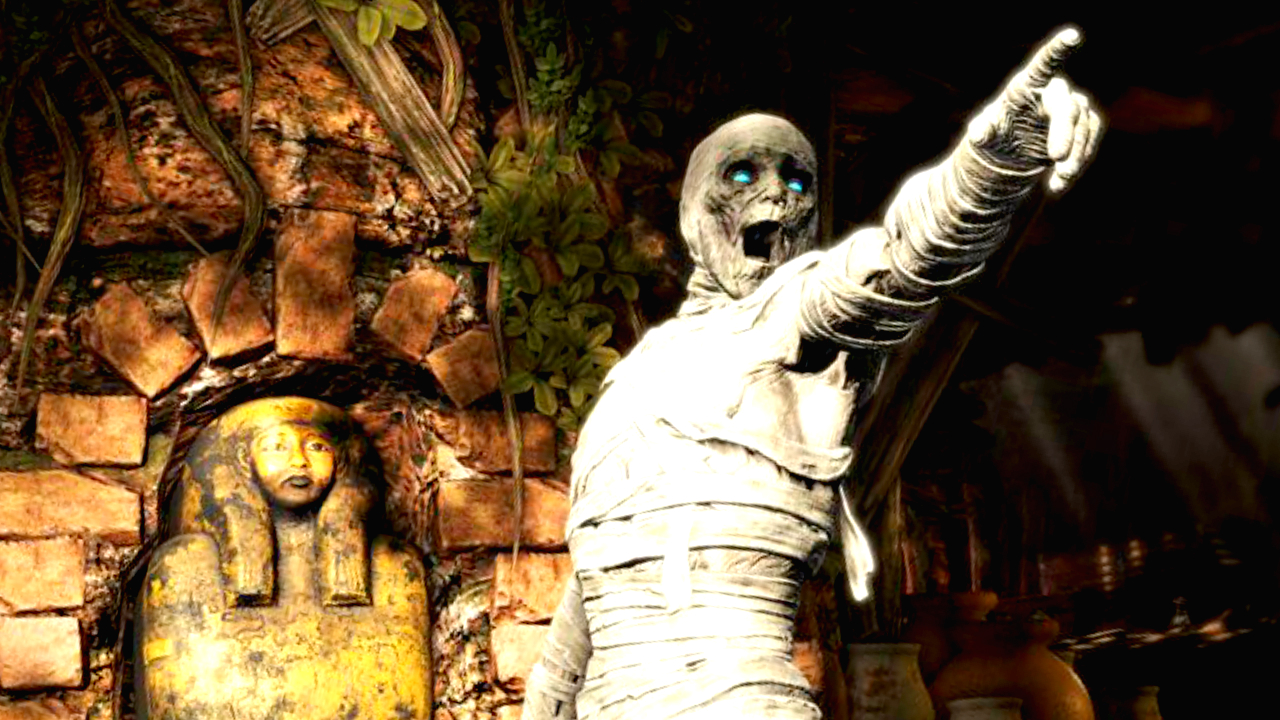
After a year that’s included Sniper Elite 4 and a remaster of the 2007 classic Rogue Trooper Redux on every console, including Switch, you’d think the Kingsleys could sit back quite happily but (apparently) you don’t have 25 years of success under your belt with that mindset. “I think running a company and looking back at 25 years is a little bit like going for a long walk, or deciding you want to walk the Pennine Trail, or from Lands End to John O Groats,” ponders Kingsley.
“If you actually went, ‘oh it’s a long way’ you wouldn’t bother doing it, but if you sort of walk as far as you can walk sensibly in a day and then go to a B&B or something and then do the next bit, in a few weeks, you’ll have walked the distance. Running a business is a bit like that. It’s fun to have a 25th milestone but what’s next? I’m always looking ahead. I’m looking at Strange Brigade, I’m playing the latest build and it’s just really exciting. 25 years is great but the past is the past, and we’ve got to come here for the future.” With Strange Brigade staggering onto the horizon, I'm looking forward to the rest of the walk. Now, where's that rifle....?
Louise Blain is a journalist and broadcaster specialising in gaming, technology, and entertainment. She is the presenter of BBC Radio 3’s monthly Sound of Gaming show and has a weekly consumer tech slot on BBC Radio Scotland. She can also be found on BBC Radio 4, BBC Five Live, Netflix UK's YouTube Channel, and on The Evolution of Horror podcast. As well as her work on GamesRadar, Louise writes for NME, T3, and TechRadar. When she’s not working, you can probably find her watching horror movies or playing an Assassin’s Creed game and getting distracted by Photo Mode.
